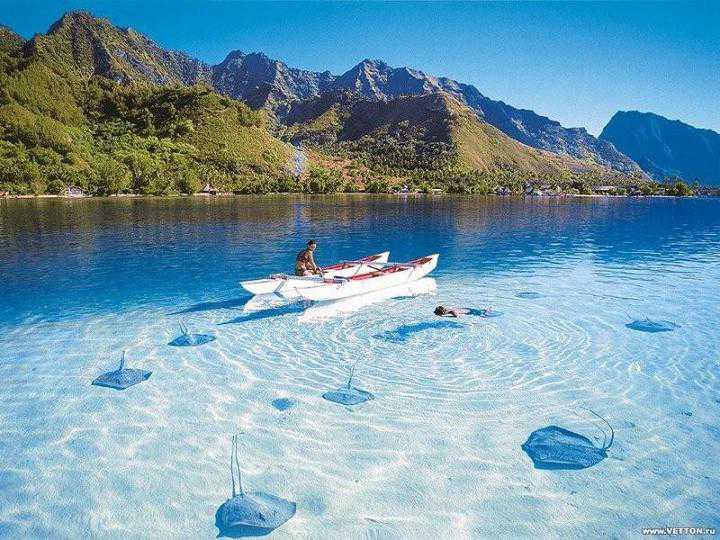RECORD: Darwin, Francis ed. 1887. The life and letters of Charles Darwin, including an autobiographical chapter. London: John Murray. Volume 1.
REVISION HISTORY: Scanned for Darwin Online 4.2006; transcribed (double key) by AEL Data 6.2006. Later corrections by John van Wyhe. RN4
NOTE: See R. B. Freeman’s bibliographical introduction.
The copy scanned was kindly lent by the Balfour and Newton Libraries, Cambridge. The copy scanned had been rebound; the images of the covers are taken from a copy of the 3rd edition (1887)lent by Janet Browne
alinakansu [[email protected]]
OOOOOOOOOOOOOOOOOOOOOOOOOOOOOOOOOOOO
<!– /* Style Definitions */ p.MsoNormal, li.MsoNormal, div.MsoNormal {mso-style-parent:””; margin:0in; margin-bottom:.0001pt; mso-pagination:widow-orphan; font-size:12.0pt; font-family:”Times New Roman”; mso-fareast-font-family:”Times New Roman”;} a:link, span.MsoHyperlink {color:blue; text-decoration:underline; text-underline:single;} a:visited, span.MsoHyperlinkFollowed {color:purple; text-decoration:underline; text-underline:single;} @page Section1 {size:8.5in 11.0in; margin:1.0in 1.25in 1.0in 1.25in; mso-header-margin:.5in; mso-footer-margin:.5in; mso-paper-source:0;} div.Section1 {page:Section1;} –>
And Turks on Darwin:
Southeastern European Times 13/03/2009
* Turkish scientific council draws criticism for censoring Darwin
Turkey’s top science and research agency came under strong criticism
Wednesday (March 11th) for ordering the removal of a cover story
on Charles Darwin from a state-run monthly magazine it publishes.
The March issue of Bilim ve Teknik (Science and Technology) was
supposed to mark the 200th anniversary of the British scientist’s
birth and the 150th anniversary of his book on evolution, On the
Origin of Species. But under orders from the Scientific and
Technological Research Council of Turkey (TUBITAK), the magazine
scrapped the 16-page material on that theme at the last minute.
Click for the rest…
Ahmet Toprak






